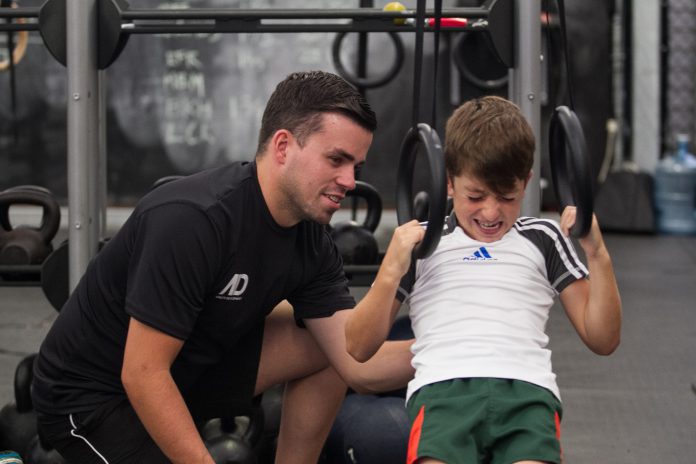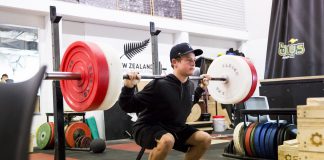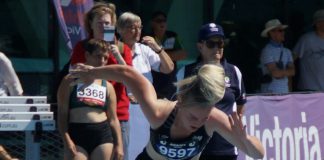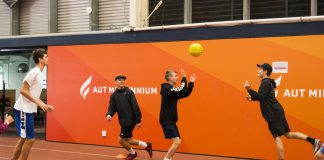Recently I attended the sports awards dinner for a local high school. I missed another that same night, and will be heading along to a third next week. It’s that time of year, the time when outstanding performances of our high school athletes are recognised by their teachers, coaches, and peers.
All of the athletes who received awards that night are good at what they do. There is absolutely no denying that. All had achieved at an impressive level in their sports, from regional age group champions to representatives at the Youth Olympics. But as the athletes were recognised for their achievements, and stories of exceptional commitment were told, I couldn’t help but wonder what would come next for these athletes. No doubt some have big dreams of making it in sport, and I’m sure they will continue to follow their passion and do everything in their power to reach their potential.
But what is the difference between being good… and being great? What do the best athletes do that make them great? In other word, what does it really take to make it to the top?
Here are 4 things I’ve learned about the athletes who do make it to the top. None of these can be mastered overnight. First they must be understood, and then worked on over and over to get them right.
-
Set Goals
“You will be at your best when you are in pursuit of a great goal or challenge, one which excites you to get out of bed every morning and challenges you to reach inside yourself and grow.”
An athletes’ sporting journey will require a single minded determination to become the best that they can be. This applies to everything they do. Goals are crucial to their development, and they must do more than simply write them down and think the job is done. They must work towards them every single day. With this committment, suddenly every game, every training session, everything they eat… is measured against the standard demanded by that goal.
What are your goals and challenges… sporting, personal, education? What are you focusing on right now in training to work towards your goal? How do you stay on track to achieving your goals?
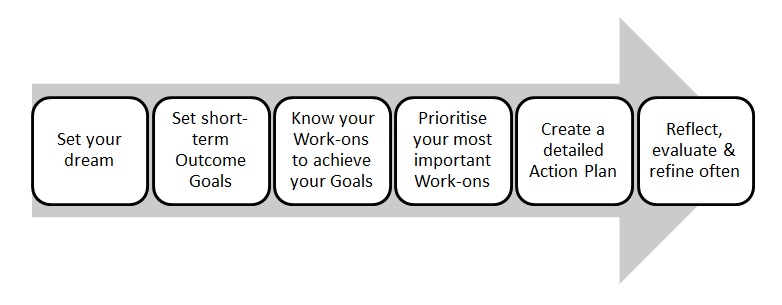
-
Take Responsibility
“The ‘push’ comes from within.”
A common characteristic of all the best athletes is that their drive for improvement comes from within. No question, in their pursuit of excellence they need to be challenged and supported by others around them, but ultimately it’s up to them.
So what does a responsible athlete look like? Responsible athletes…
- Have a Relentless Ambition to Succeed – they must be intent on being the best – and believe that they can be.
- Are Self-aware – they must understand themselves and how they operate best. Asking themselves- how do I learn best? What motivates me? How do I handle failure or conflict?
- Challenge the Status Quo – Are prepared to take the road less travelled. They are very clear on where they are heading and challenge anything that they believe is not helping to get them there.
- Ask Questions – They seek to understand things and give new things a go. They think “why not?” Knowledge + Imagination = Power.
- Are Resourceful – They search for anything that might give them an edge over their competition.
- Are Disciplined – They know exactly what their success depends on, and how to get to that next level. They have a constant comittment, and are honest with themselves. For example: What is most important for me to develop at any given point in time? How long will it take to improve? What difficult choices will I need to make? And am I prepared to make them?
-
Have a System for Improving that Works
“The best predictor on long term success is not how good you are now, but how fast you are at learning and improving”.
A clear point of difference between a good and great athlete is that a great athlete is always hungry to learn and improve. What is really interesting is that for all the great athletes we admire, the closer they got to the top, the more time and energy they focused on learning and improving.
Why do you think this is?
I see many youth athletes focusing all of their time and energy on competing, rather than spending more time training and learning. The steeper you can make your learning curve now, the better off you will be. Remember, as soon as you slow down or stop getting better, your competition will eat up any advantage that you may have gained.
So what drives a great athletes’ ability to learn and improve quickly?
- A relentless ambition to succeed – (are you starting to hear a recurring theme here?).
- A clear understanding of what success depends on at the top level – They isolate the key components of their sport or event, and identify what the success of these components depends on, while acknowledging the time they will need to take to develop them.
- Get quality feedback, often – How am I performing in my key components? A great athlete will have an effective system to help breakdown their development using self-reflection, evaluation and refinement.
Here are some key questions to assess your learning:
- How fast am I improving my performance in each key area of my sport or event?
- Which areas do I need to put more focus on?
- To what extent am I aiming, and challenging myself, to become the best I can be in my sport?
-
More or Better?
Great athletes care most about getting better. They maximise their strengths and minimise their weaknesses through consistent goal-setting and carefully planned action. To help you focus on always getting better, rather than just doing more, remember the following 4 points.
- Always be determined to be the best you can be.
- Always have a specific goal and focus in training.
- Always measure your progress and reflect on it regularly.
- Get good feedback, often, from the people you trust.
So to summarise- how can you turn being good into being great?
- Have relentless ambition towards your goals and being successful
- Take responsibility of your pursuit for excellence
- Have a system for improving that works
- Always think better, not necessarily more.

























